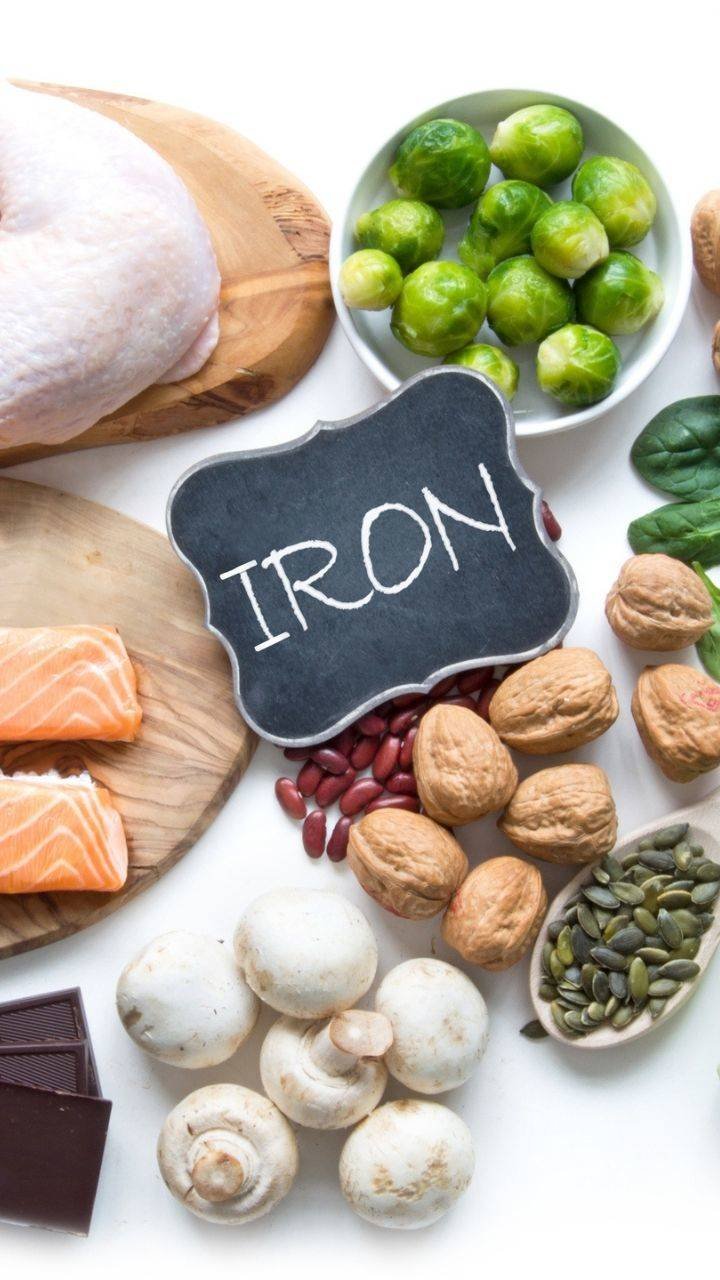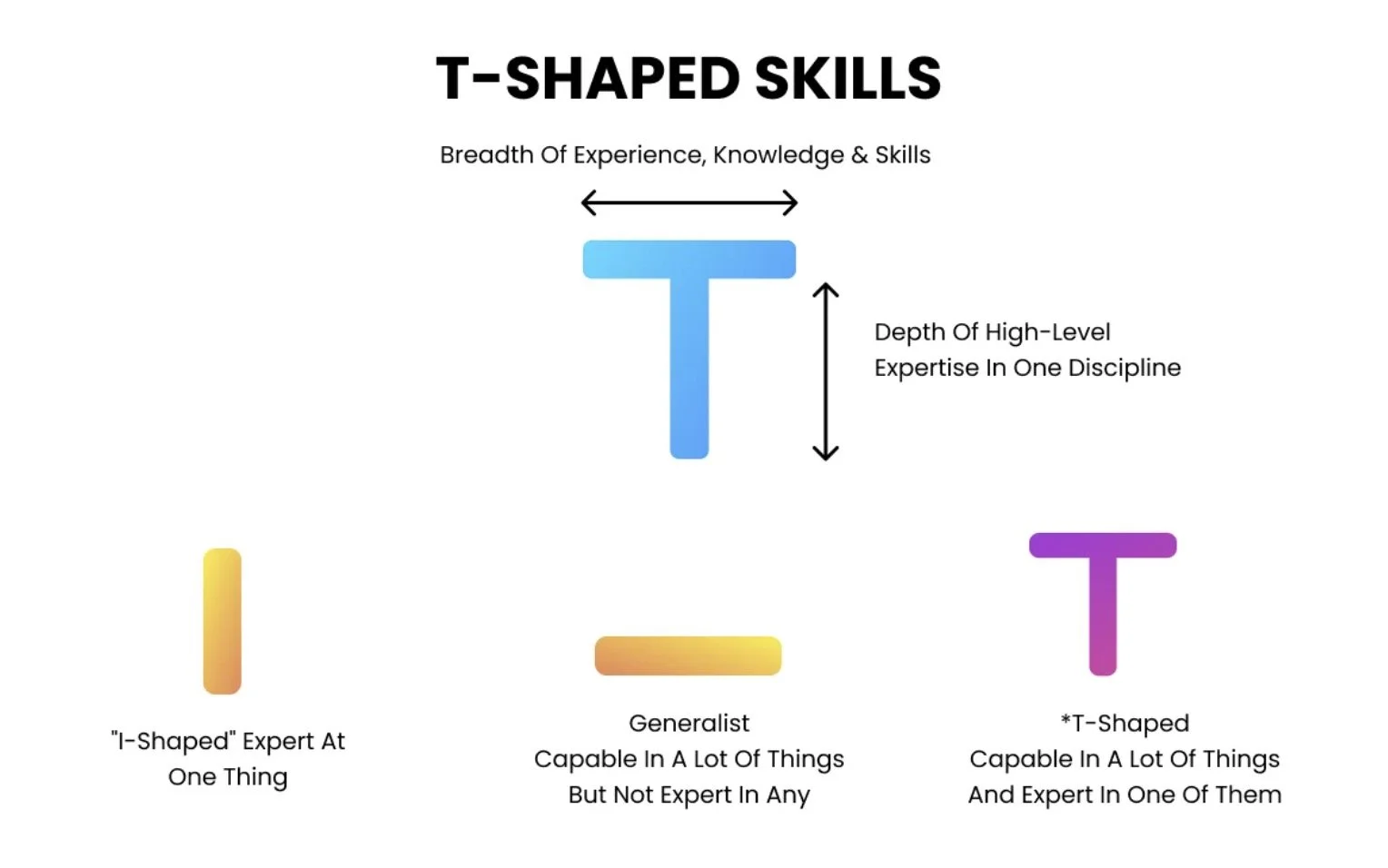Ingredient Ideology | 12 Healthy Foods to Deal with Iron Deficiency BY: Dr. Kaviraj Khialani- Celebrity Master Chef.
/
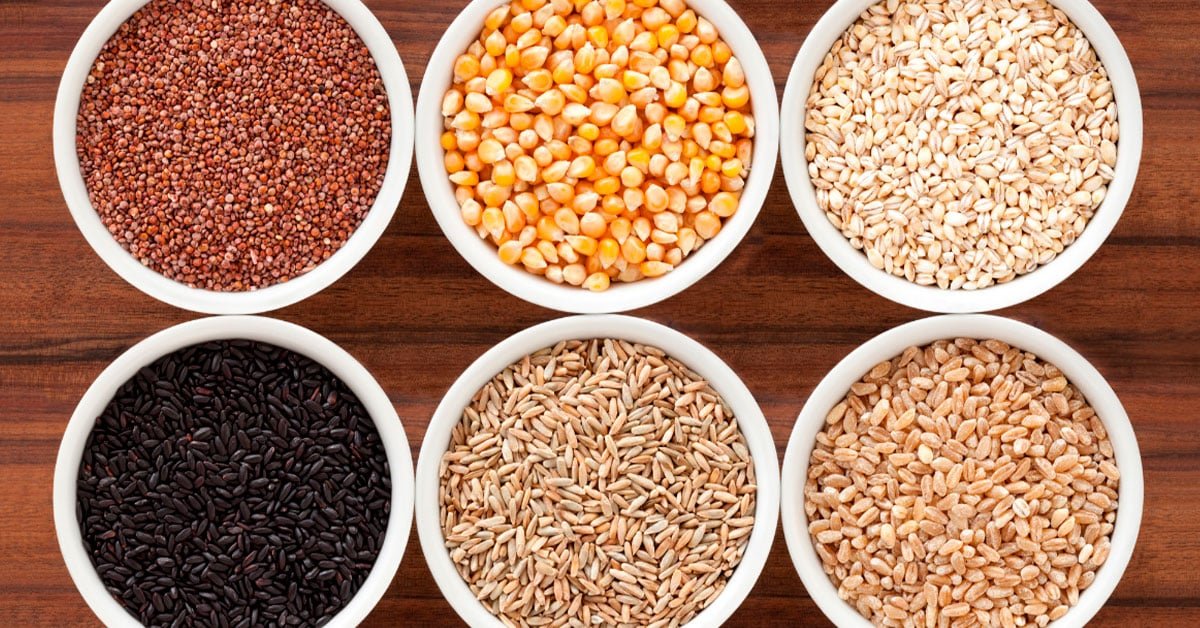
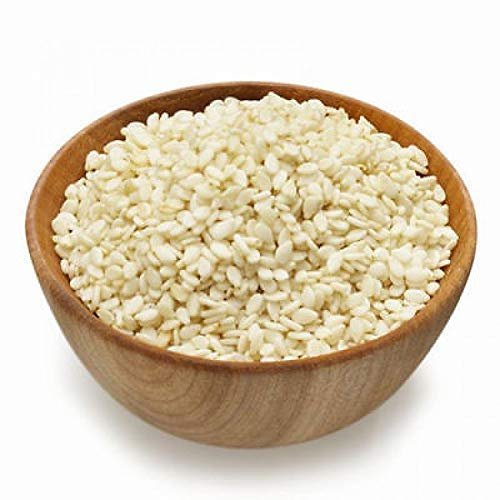
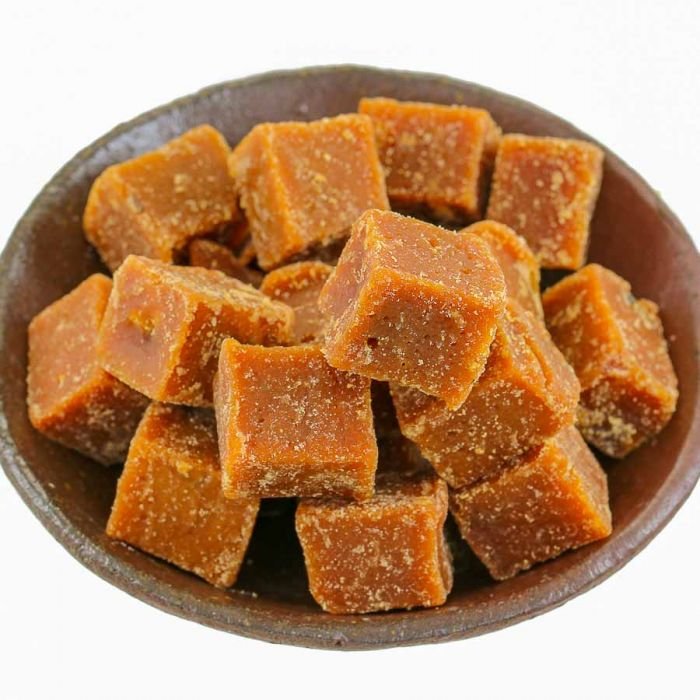
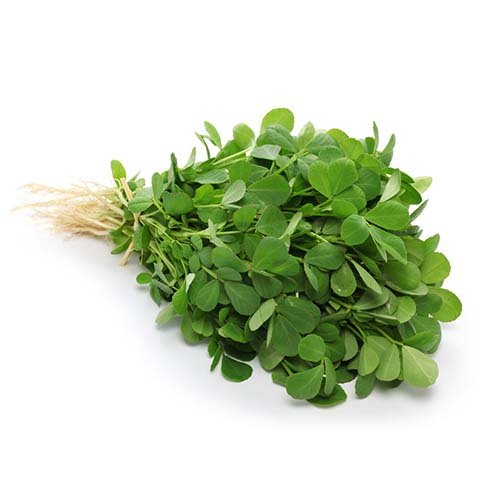

Introduction
To combat iron deficiency, it's essential to incorporate a variety of healthy foods into your diet. Consider including lean red meat, poultry, and fish, which are rich sources of iron that is readily absorbed by the body. Plant-based options like legumes, including beans, lentils, and chickpeas, as well as spinach and other leafy greens, offer non-heme iron, which can be enhanced with the help of vitamin C-rich foods like citrus fruits and bell peppers. Nuts, seeds, whole grains, and fortified cereals can also contribute to your iron intake. Dried fruits such as raisins and apricots provide a convenient snack option. Maintaining a balanced diet with these iron-rich foods, while being mindful of inhibitors like excess tea and coffee consumption, can help address iron deficiency. For personalized guidance, consult a healthcare professional.
Why Is Iron important for our body Function?
Iron is crucial for the proper functioning of our body for several reasons:
1. Oxygen Transport: Iron is a key component of haemoglobin, a protein in red blood cells that binds to oxygen and carries it from the lungs to all body tissues. This process is essential for supplying oxygen to cells and maintaining overall bodily functions.
2. Energy Production: Iron is involved in the electron transport chain, a process in cellular respiration. This chain produces adenosine triphosphate (ATP), the body's primary energy currency. Adequate iron levels are necessary for efficient energy production.
3. Brain Function: Iron plays a role in cognitive function and brain development, particularly during childhood. It's important for proper brain growth and maintaining mental alertness and concentration.
4. Immune System Support: Iron contributes to a healthy immune system by helping the body fight off infections and diseases. White blood cells, which are crucial for immune defence, also rely on iron.
5. DNA Synthesis: Iron is necessary for DNA synthesis, which is essential for cell division and growth. It's crucial for the regeneration and repair of tissues throughout the body.
6. Metabolism: Iron is involved in various metabolic processes, including the breakdown of carbohydrates, fats, and proteins. It helps the body efficiently these nutrients for growth and maintenance.
7. Regulation of Body Temperature: Iron is essential for maintaining normal body temperature. It plays a role in regulating the body's metabolic rate, which influences heat production.
8. Skin, Hair, and Nail Health: Iron contributes to healthy skin, hair, and nails. A deficiency can result in various skin and nail conditions, including pallor and brittle nails.
Overall, iron is an essential mineral for maintaining good health and well-being. It supports vital physiological functions, and its deficiency can lead to anaemia, fatigue, weakness, and a range of other health issues. It's important to ensure an adequate intake of dietary iron to maintain optimal bodily function.
How Do We Get Iron In The Best Possible ways through foods and ingredients in cooking?
To obtain iron in the best possible ways through foods and cooking ingredients, consider the following strategies:
1. Choose Iron Sources: Heme iron, found in animal products, is more easily absorbed by the body than non-heme iron from plant sources. Incorporate lean red meat, poultry, and seafood (such as fish and shellfish) into your diet.
2. Opt for Iron-Rich Plant Foods: Non-heme iron is abundant in various plant-based sources. Include beans (e.g., lentils, chickpeas, and black beans), tofu, spinach, and other dark leafy greens in your meals.
3. Mix Heme and Non-Heme Iron: Combine heme iron sources with non-heme iron sources in your meals to maximize iron absorption. For example, pair meat with beans or add spinach to a chicken salad.
4. Fortified Foods: Look for fortified cereals, bread, and other grain products, as they can be rich in iron. Check food labels to identify products that contain added iron.
5. Enhance Absorption with Vitamin C: Vitamin C enhances the absorption of non-heme iron. Include vitamin C-rich foods like citrus fruits, strawberries, bell peppers, or broccoli in your meals.
6. Cook in Cast: Cooking in cast iron cookware can increase the iron content of your food. Acidic foods, like tomato-based dishes, benefit most from this cooking method.
7. Avoid Excessive Tea and Coffee: Tannins in tea and coffee can inhibit iron absorption. Try to space out the consumption of these beverages from your iron-rich meals.
8. Diversify Your Diet: Incorporate a wide range of iron-rich foods into your diet to ensure a balanced intake of nutrients. Explore various recipes and ingredients to keep your meals interesting.
9. Consider Iron Supplements: If you have a diagnosed iron deficiency, consult a healthcare professional for guidance on iron supplements. Supplements should be taken under medical supervision to prevent overconsumption.
10. Be Mindful of Iron Blockers: Some foods, like calcium-rich dairy products and certain whole grains, can inhibit iron absorption. Try to separate consumption of these foods from your iron-rich meals.
By incorporating a combination of heme and non-heme iron sources, along with vitamin C-rich foods and mindful cooking practices, you can optimize your iron intake through your diet. Remember to consult with a healthcare professional if you suspect or have been diagnosed with an iron deficiency for personalized guidance.
12 Easily Available Healthy Foods To Improve Iron Levels in Our body
In India, there are plenty of nutritious foods to help improve iron levels without including pork and beef.
Here are 12 easily available options:
1. Spinach: Rich in non-heme iron, spinach is a versatile leafy green that can be used in various dishes like saag or added to soups and salads.
2. Lentils (Dal): Lentils are a fantastic source of plant-based iron. They are a staple in Indian cuisine and can be prepared in numerous ways.
3. Chickpeas (Chana): Chickpeas are loaded with iron and can be used to make chana masala, hummus, or added to salads.
4. Tofu: Tofu is a soybean product that is a good source of non-heme iron. It can be used in curries and stir-fries.
5. Nuts and Seeds: Almonds, cashews, and pumpkin seeds are rich in iron and make for a nutritious snack or can be included in various recipes.
6. Fortified Breakfast Cereals: Look for fortified cereals that contain added iron. Enjoy them with milk or yogurt for breakfast.
7. Whole Grains: Brown rice, quinoa, and oats are whole grains that provide non-heme iron. Use them as the base for your meals.
8. Pomegranate: This fruit is not only delicious but also rich in iron and vitamin C, which aids in iron absorption.
9. Beetroot: Beetroot is a root vegetable high in iron and can be used in salads, smoothies, or as a side dish.
10. Jaggery: Also known as "gur," jaggery is a traditional sweetener that contains iron. It can be used in various Indian sweets and desserts.
11. Fenugreek Leaves (Methi): Methi leaves are an excellent source of iron and can be used in curries and parathas.
12. Sesame (Til): Sesame seeds are rich in iron and can be used to make chutneys or added to various dishes.
Remember to pair these iron-rich foods with ingredients high in vitamin C, like tomatoes, citrus fruits, or bell peppers, to enhance iron absorption. Additionally, it's advisable to consult with a healthcare professional if you suspect or have been diagnosed with an iron deficiency for personalized guidance on improving your iron levels.
CONCLUSION: Maintaining healthy iron levels is essential for overall well-being and energy. In India, there are plenty of readily available and nutritious foods to help address iron deficiency without including pork and beef in your diet. Incorporating a variety of iron-rich foods such as spinach, lentils, chickpeas, tofu, nuts, and seeds, along with whole grains, fruits like pomegranate, and traditional ingredients like jaggery and fenugreek leaves, can contribute to your iron intake. Don't forget to enhance iron absorption by pairing these foods with vitamin C-rich ingredients. However, it's advisable to consult with a healthcare professional for personalized guidance and to address any concerns related to iron deficiency.

